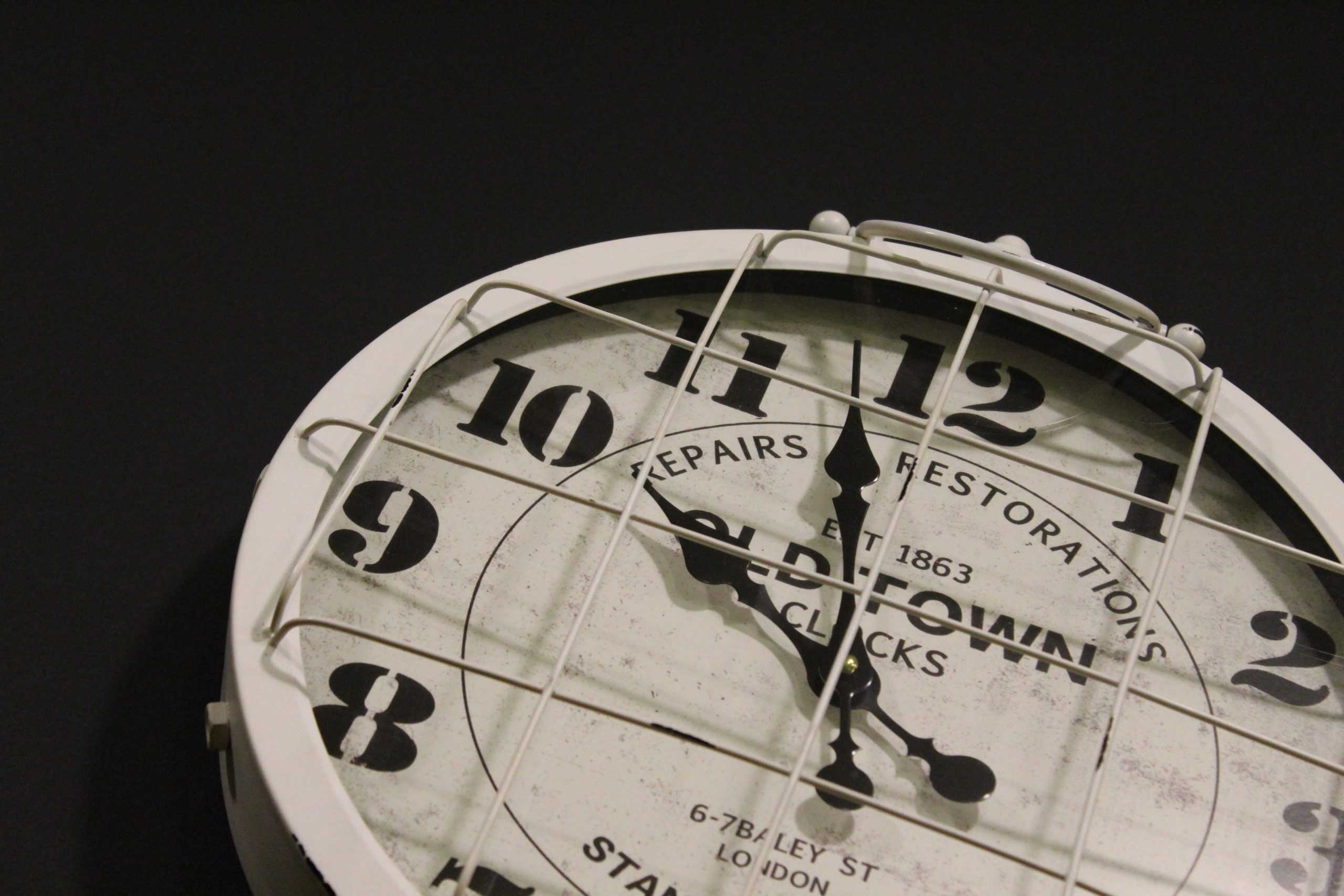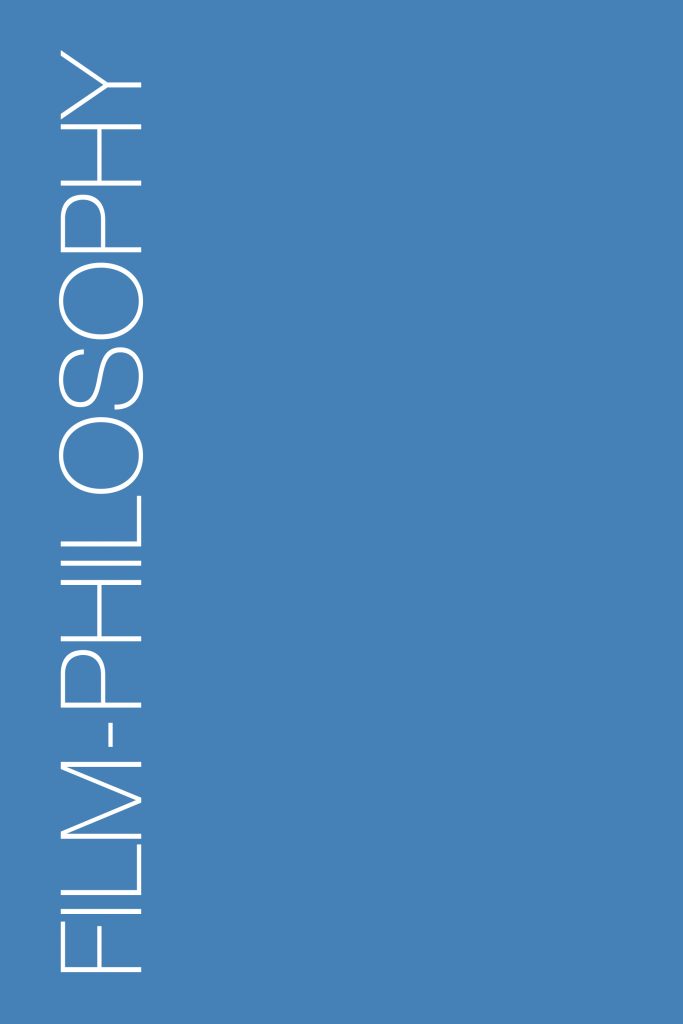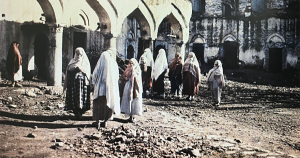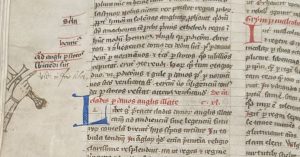
Trips into history. Journeys to the future. Encounters in the present with visitors from the future or past. There are no limits with time travel stories. Some of the first telly I fell in love with as a kid was Doctor Who – way back when the Fourth Doctor was loping around with a daffy scarf, battered brown fedora, and a pocketful of jelly-babies. And I love it still, now with the Thirteenth Doctor’s jaunts through time. Mind-warping tales of paradox and complexity, history and counter-histories, utopian and dystopian futures.
Time travel stories are not really about time travel
One thing is for sure, however. Time travel stories are not about time travel. What I mean is, they are not really concerned with exploring the possibility of time travel. Science has that (more or less) covered. Time travel is the mechanism for the narration that follows. What then are they about? Exploring fundamentally different and relational temporal affects: presentness, pastness, and futureness. We feel time. Presentness as the vital flow of life and its contingency. Pastness capturing seemingly sacred memory and history. Futureness confronting prediction with the unforeseeable.
Or at least this is one of the claims in my recent essay for the Edinburgh University Press journal Film-Philosophy. Given my love for the genre, tackling the subject was only a matter of time! Saying that, this exploration arose from previous work I had done on time travel in Deleuze’s Cinema Books (Edinburgh University Press, 2016). There I touched upon Doctor Who (of course), and Alexander Sukurov’s film Russian Ark, the latter expanded a year earlier in the edited collection Time Travel in Popular Media (McFarland, 2015). I began to see how I could think about time travel through the differences and relations between presentness, pastness, and futureness. But this proved to be only the first ‘beyond time travel’.
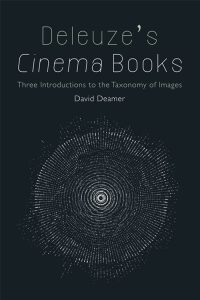
Time travel stories are not only about time travel
One other thing is for sure, time travel stories are not only about time travel. The genre is poorly named. A film in which chronological time is upset by time travel simultaneously generates displacements in space and disturbances to the characters at the centre of the story. Time travel is but the first aspect of three interweaving modes of disjunctive narration, the others being many worlds and altered states.
And not only that, if there are different temporal affects in time travel narratives, might there not be various kinds of many worlds as well as diverse types of altered states? To explore these questions I turned to the philosophy of Gilles Deleuze’s Difference and Repetition (1968) and some well-known time travel film cycles from Hollywood. And so my essay for Film-Philosophy: ‘Deleuze’s Three Syntheses Go to Hollywood: The Tripartite Cinema of Time Travel, Many Worlds and Altered States‘.
Difference and Repetition
In his groundbreaking book of philosophy, Deleuze investigates how everyday identity arises from the differences and relations between the temporalities of the present, past, and future – what he calls the three syntheses of time. Furthermore, these three syntheses repeat in the spatial dimension and in consciousness. All these syntheses bind us: a coherent consciousness in comprehensive space and chronological time. However, such cohesion arises from a flux of disjunctions: temporal, spatial, mental. And here is Deleuze’s radical proposal – these myriad disjunctions are not to be feared, but embraced. Freeing such flux can release us from stasis and produce new images of thought, of life, of the world.
Hollywood time travel movies
The Hollywood film cycles of Planet of the Apes, Back to the Future, and The Terminator each play out Deleuze’s differences and repetitions through time travel, many worlds, and altered states in their own way. All begin with a different time travel situation concerning present, past, or future. And for each temporal disruption a new space is created: be it an uncanny resonance of places; the proliferation of alternate universes; or the recurrence of the same event with difference. And such displacements allow a thinking of varied states of being: multiple incarnations of the same characters; the inversion of species hierarchy; or the confrontation between humanity and artificial intelligence. Perspectives, multiplicity, change, becoming arise.
Deleuze Goes to Hollywood
Each film cycle is a complex knot of atemporal, aspatial, and ahuman problematizations. And encountering a problem, for Deleuze, frees us from fixed images of thought, allowing us to think anew, time after time. Deleuze’s Difference and Repetition is often seen as a notoriously impenetrable book. But it turns out the Hollywood cinema of time travel, many worlds, and altered states offers a way in.
By David Deamer
David Deamer is a writer and free scholar associated with Manchester Metropolitan University, UK. His interests lie at the intersection of cinema and culture with theory, history, and politics, centring on the philosophy of Gilles Deleuze, Henri Bergson, and Friedrich Nietzsche. He is the author of Deleuze’s Cinema Books: Three Introductions to the Taxonomy of Images (EUP, 2016); and Deleuze, Japanese Cinema and the Atom Bomb: The Spectre of Impossibility (Bloomsbury, 2014). You can find out more about David on his home page.
Deleuze and the cinema of time travel, many worlds, and altered states
David Deamer’s essay ‘Deleuze’s Three Syntheses Go to Hollywood: The Tripartite Cinema of Time Travel, Many Worlds and Altered States‘ (Film-Philosophy volume 23, issue 3; Edinburgh University Press, 2019) is available free on the Film-Philosophy journal home page.


